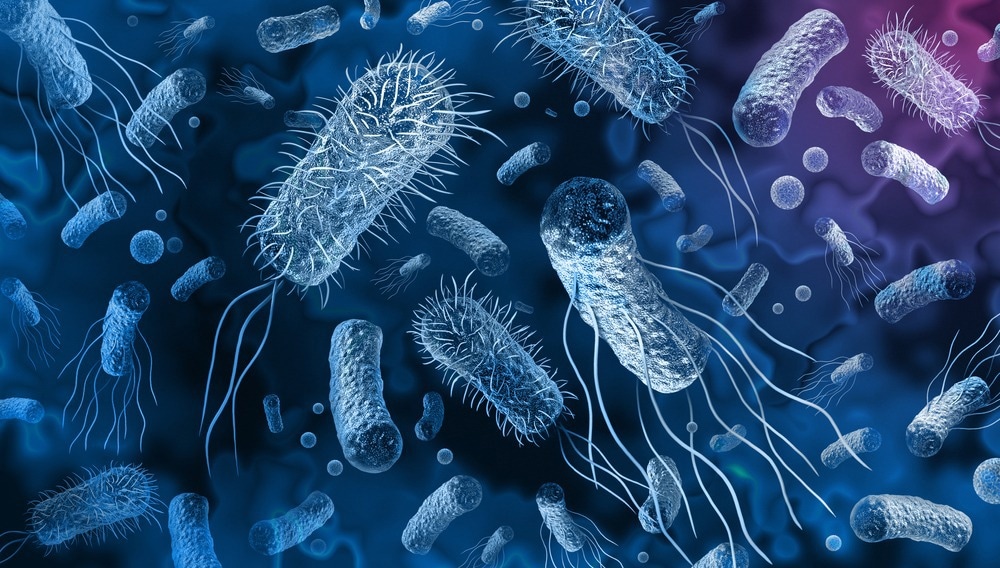The Secret World of Bacteria: Understanding the Microscopic Creatures That Rule Our Lives
Bacteria are tiny, single-celled organisms that are found everywhere on Earth. They are so small that they cannot be seen with the naked eye, yet they play a significant role in shaping our world. Bacteria are often associated with disease and illness, but the truth is that most bacteria are harmless and some are even beneficial to our health. In this article, we will explore the fascinating world of bacteria and learn about their importance in our lives.
What are Bacteria?
Bacteria are microscopic organisms that belong to the prokaryotic kingdom. They are unicellular, which means that they are made up of only one cell. Unlike eukaryotic cells, which have a nucleus and other membrane-bound organelles, bacterial cells have a simple structure. They have a cell wall, a cell membrane, and cytoplasm containing genetic material in the form of DNA.
Bacteria are incredibly diverse and can be found in a wide range of environments. Some bacteria live in soil, while others thrive in water or air. Some bacteria are found in the human body, where they play important roles in digestion, immunity, and other bodily functions.
The Importance of Bacteria
Bacteria play a crucial role in shaping our world. They are responsible for many of the processes that make life on Earth possible. For example, bacteria are involved in nitrogen fixation, which is the process by which nitrogen gas from the atmosphere is converted into a form that plants can use. Without bacteria, plants would not be able to grow, and life on Earth would be very different.
Bacteria also play an important role in the food industry. Many types of bacteria are used to produce cheese, yogurt, and other fermented foods. These bacteria break down sugars and other compounds in the food, producing lactic acid and other byproducts that give these foods their characteristic flavors and textures.
In addition to their role in food production, bacteria are also used in medicine. Many antibiotics are derived from bacteria, and these drugs are used to treat bacterial infections. Bacteria are also used to produce insulin, which is a hormone that is used to treat diabetes.
The Good, the Bad, and the Ugly
While most bacteria are harmless, some can cause disease. Pathogenic bacteria are responsible for illnesses such as strep throat, tuberculosis, and cholera. These bacteria can be spread through contact with contaminated surfaces, food, or water. In some cases, they can also be transmitted through the air.
However, it's important to note that not all bacteria are bad. In fact, many bacteria are beneficial to our health. For example, the bacteria in our gut help us digest food and absorb nutrients. They also play a role in regulating our immune system and protecting us from harmful pathogens.
Another example of beneficial bacteria is the bacteria that live on our skin. These bacteria produce acids that help keep our skin healthy and prevent harmful pathogens from taking hold. They also help to break down oils and other compounds on our skin, which can reduce the risk of acne and other skin conditions.
Conclusion
Bacteria are fascinating creatures that play a vital role in shaping our world. While some bacteria can cause disease, most are harmless or even beneficial to our health. Understanding the role of bacteria in our lives can help us appreciate the complexity and diversity of the natural world. So the next time you hear someone say that all bacteria are bad, remember that these tiny organisms are much more complex than we often give them credit for.
Labels: Interesting, science


0 Comments:
Post a Comment
Subscribe to Post Comments [Atom]
<< Home